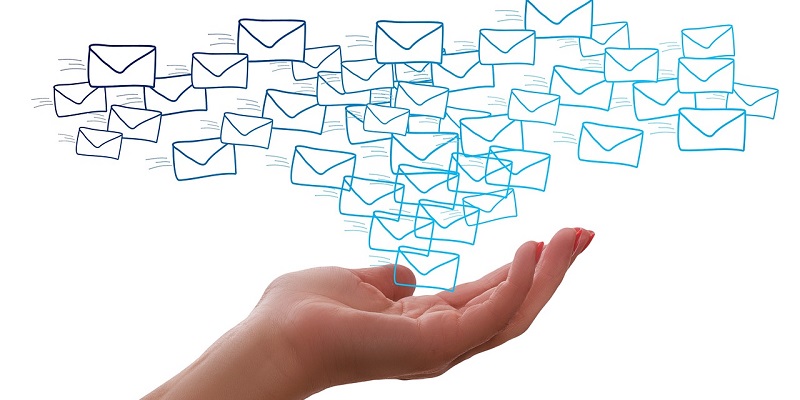In the ever-changing landscape of digital marketing, email marketing remains an evergreen strategy for businesses of all sizes. With its unparalleled ability to reach and engage directly with subscribers, email marketing has become an indispensable tool for building relationships, fostering loyalty, and driving conversions. In this article, we will explore the benefits of email marketing, how to build an effective email marketing strategy, and how to enhance your campaigns with the use of email marketing tools.
Direct communication with subscribers
Email marketing allows you to communicate directly with your subscribers, bypassing algorithms and ensuring that your message lands right in their inbox. By having this direct line of communication, you have the opportunity to establish a personal connection and build trust with your audience.
Building relationships and fostering loyalty
Through email marketing, you can nurture and strengthen your relationship with subscribers over time. By consistently delivering valuable content, relevant updates, and exclusive offers, you can establish yourself as an authority in your industry, building a loyal customer base.
One of the greatest advantages of email marketing is the ability to segment your email list. By dividing your subscribers into specific groups based on demographics, interests, or purchase history, you can send targeted and personalized messages that are highly relevant and engaging.
Measurability for tracking effectiveness
Unlike many traditional marketing methods, email marketing campaigns are highly measurable. You can easily track metrics such as open rates, click-through rates, and conversions, providing invaluable data to gauge the effectiveness of your campaigns and make data-driven improvements.
Cost-effectiveness for businesses with limited budgets
Small businesses with limited marketing budgets can benefit greatly from email marketing. It is a relatively inexpensive way to reach a large audience and generate high returns on investment (ROI). With the right strategy, even businesses with minimal resources can achieve impressive results.
Building an Effective Email Marketing Strategy
The foundation of your email marketing efforts lies in your subscriber list. Utilize multiple channels such as website sign-ups, social media, and lead magnets to attract subscribers. Offer valuable incentives such as exclusive content or discounts to entice people to join your email list.
Segmenting the email list based on demographics, interests, or purchase history
Divide your email list into segments based on various criteria to ensure that your content is as relevant as possible. By knowing your subscribers’ preferences, you can deliver targeted messages that resonate with their specific needs and interests.
Crafting relevant and engaging email content is crucial for the success of your email marketing campaign. Ensure that your emails are not only informative but also engaging by using compelling subject lines, well-structured layouts, and a clear call to action. Provide value to your subscribers by offering useful tips, industry insights, and exclusive offers.
Personalizing emails to address subscribers by name and incorporate their interests or purchase history
Personalization goes a long way in creating a meaningful connection with your subscribers. Address them by name and leverage the data you have on their interests or purchase history to tailor your emails accordingly. This personal touch will make your subscribers feel valued and increase the likelihood of engagement.
Overview of email marketing tools like GetResponse and Systeme.io
There are numerous email marketing tools available that can streamline your efforts and enhance the effectiveness of your campaigns. Tools like GetResponse and Systeme.io offer features such as automated workflows, A/B testing, advanced segmentation, and detailed analytics.
Streamlining email marketing efforts and enhancing campaigns with these tools
Email marketing tools provide you with the ability to automate tasks, saving you time and ensuring consistent communication with your subscribers. They also offer advanced segmentation options, allowing you to target specific subsets of your audience with precise messaging. Through comprehensive analytics, these tools provide insights that enable you to refine your strategy and optimize your results.
Email marketing continues to be a powerful and effective strategy for businesses of all sizes. By directly communicating with subscribers, building relationships, and delivering targeted, personalized content, businesses can nurture customer loyalty, boost conversions, and achieve their marketing goals. With the aid of email marketing tools, such as GetResponse and Systeme.io, businesses can streamline their efforts, optimize campaigns, and take full advantage of the benefits that email marketing has to offer. Embrace the evergreen power of email marketing and propel your business to new heights in the digital realm.

